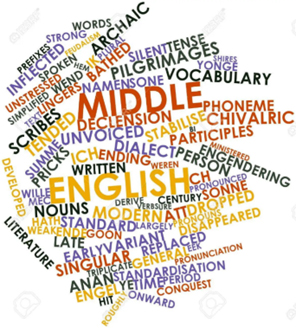
ENG 4660: History of the English Language
Dr. Gulley
TR 12:30-1:45
Sanford 206
We use language to communicate with one another, build relationships, and create a sense of community, and in turn language shapes and reflects a given culture, meaning that it is inherently political. The political nature of the English language appears both unofficially—such as in Chaucer’s decision in the 14th century to write in English as opposed to the Anglo-Norman French favored by the ruling elite—and officially, as in 19th-and 20th-century so-called “literacy” tests for Black voters or the beating and humiliation of children who spoke French in schools in early 20th-century Louisiana. These kinds of occurrences raise a series of questions: “Who speaks what kind of English and why?”; “How does someone’s use of language shape our perception of them?”; and “Why is English such an important world language?” With these and other questions in mind, the course examines English throughout its 1500-year history, with a focus on historical and political influences—such as invasions, political and intellectual revolutions, immigration, and cultural assimilation—as shaping forces. We will also look at issues of language use, such as the notion of linguistic correctness, the construction of "standard" and "non-standard" Englishes, spelling reform, the increasing hegemony of English on a world scale, and the important variations of English in the United States and around the world.